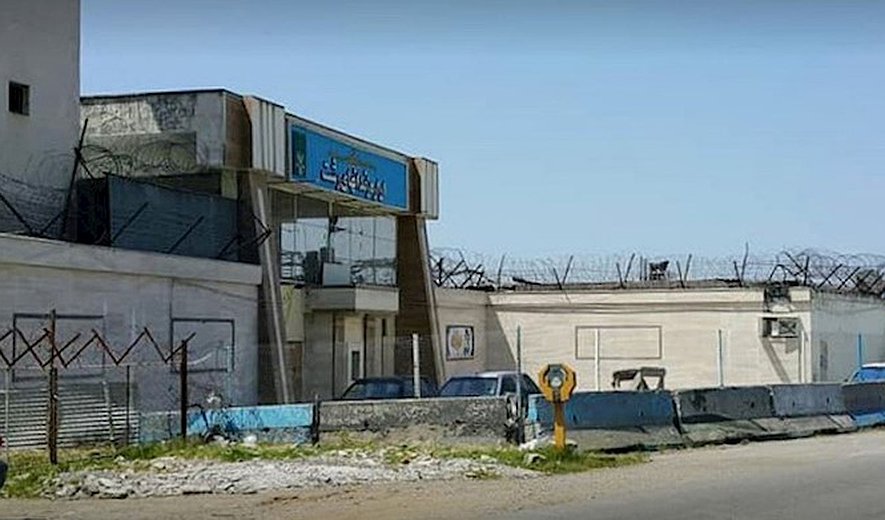Mohammad Parhizkar and Hamid Piltan Executed in Rasht/Sasan Anoushekhah Commits Suicide Prior to Execution

Iran Human Rights (IHRNG); May 30, 2023: State media have reported the executions of two men for murder charges in Rasht Central Prison. Third man committed suicide prior to execution.
According to Hamshahri quoting Etemad, two men were executed in Rasht Central Prison on 25 May. The men whose identities have only been reported as 22-year-old Mohammad and Hamidreza, were sentenced to qisas (retribution-in-kind) for murder.
A relative of one of their victims told Hamshahri: “Both murderers were silent and calm during the execution. They didn’t even beg. It seems that Mohammad had unsuccessfully attempted suicide a few times, maybe he was counting the days so his execution would be carried out sooner.”
The report states that the two prisoners were accused of killing four members of Mohammad’s family and their guest during the distribution of inheritance. They were sentenced to four death sentences and 15 years imprisonment.
Iran Human Rights has established their identities as Mohammad Parhizkar and Hamid Piltan. At the same time as their executions, another death row prisoner committed suicide. His identity has been established as Sasan Anoushekhak who was also sentenced to qisas (retribution-in-kind) for murder.
An informed source told Iran Human Rights: “Sasan, Mohammad and Hamid were friends. The day they were transferred to the gallows, Sasan committed suicide from the psychological pressure. Executions are being carried out at such a fast rate that prisoners prefer to end their own lives by suicide.”
According to the 2022 Annual Report on the Death Penalty, at least 582 people were executed in Iran. Of those, 288 were executed for murder charges.
Those charged with the umbrella term of “intentional murder” are sentenced to qisas (retribution-in-kind) regardless of intent or circumstances due to a lack of grading in law. Once a defendant has been convicted, the victim’s family are required to choose between death as retribution, diya (blood money) or forgiveness.

